Does Final Fantasy 16 even know why it's copying Game of Thrones?
Opinion | Despite its best efforts, Final Fantasy 16 can't capture the strengths of George R.R. Martin
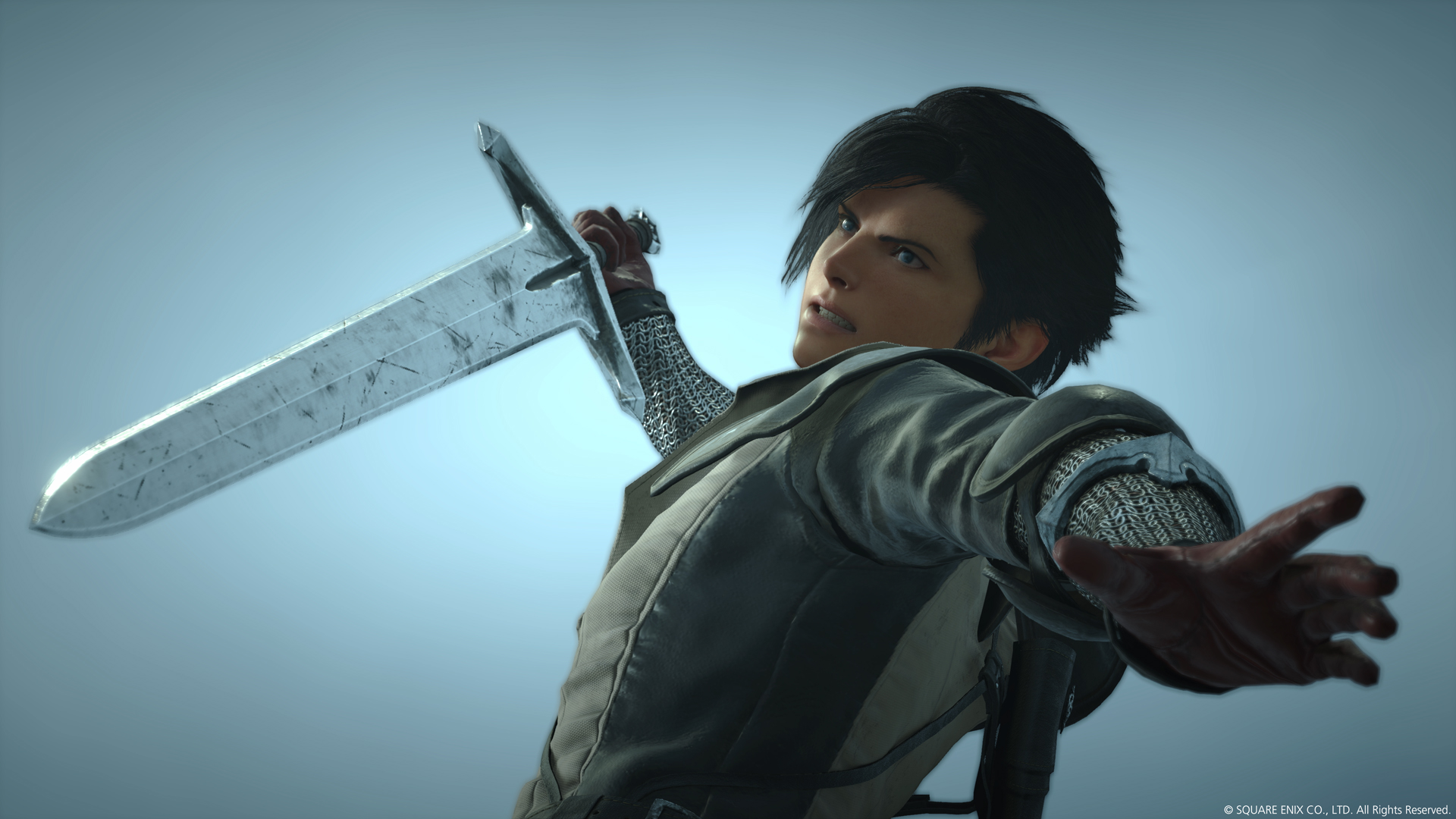
Years ago, Game of Thrones author George R.R. Martin famously asked the (rather dry) question: "What was Aragorn's tax policy?" It's an amusing, if slightly easy shot at the origins of modern fantasy that helps us concretise his own recognised approach to the genre: postmodernist, ethically-grey, deconstructionist stories, rooted in emotional realism, historical legitimacy and analogy.
Meanwhile, Final Fantasy 16 has a scene where a demon and a phoenix throw increasingly big lasers at a foppish dragon in outer space while shouting encouraging lines about togetherness at each other. I think this is something that we're going to have to talk about.
A Song of Eikon Fire
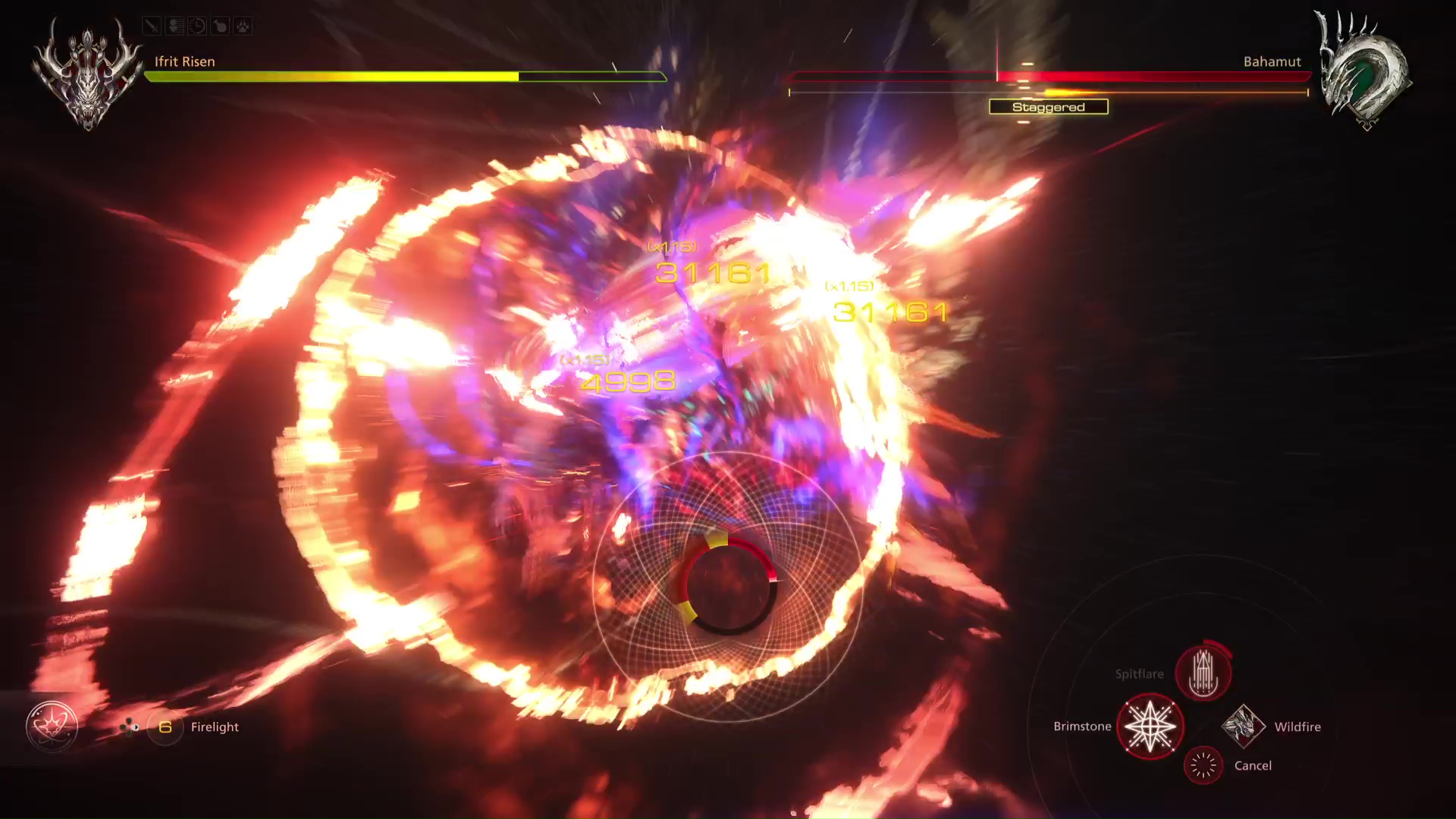
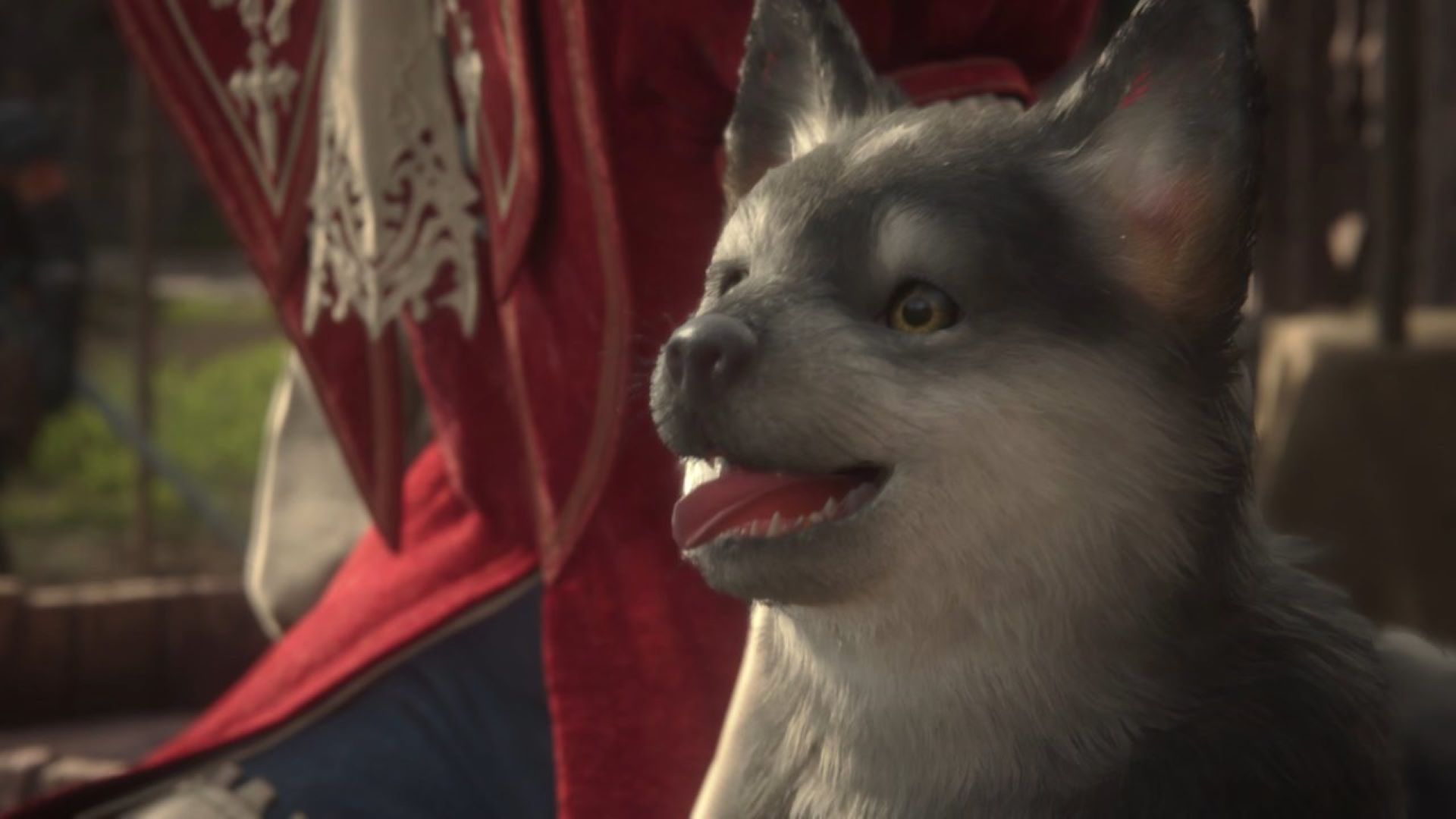
Final Fantasy 16 review: "Stands alongside the series' greats"
I don't draw these comparisons out of nowhere – Final Fantasy 16 was, from the beginning, overt and clear about its main inspiration being the TV show adaptation of Game of Thrones. In fact, the core developers were 'required' to watch the show (I wonder if with eyes pried open like they were undergoing the Ludovico treatment), as series producer Naoki Yoshida cheerfully admitted in an interview with Eurogamer. Nothing to really criticise there – there's nothing wrong with taking inspiration, and there are certainly worse sources to draw upon, assuming that the teams' Blu-Ray players all melted before they got past season six.
Still, you can absolutely see that inspiration at work in FF16. To get the spoiler-heavy obvious out of the way, Clive is basically Jon Snow with a more humiliating name: the terse, uncertain shaggy-haired second-best son of a lord, saddled with an embarrassing lineage that upsets his mother, followed around by a big wolf and eventually sent away to fight in some distant hellscape as part of a reject military group literally composed of "bastards".
Meanwhile, gruff and good dad gets killed early for being too gruff and good, and Clive's mother morphs rapidly into a character best described as "we have Cersei Lannister at home", standing for a rich family of wealthy blonde aristocrats skulking in the realm's capital. And not only that, but we have an actual character actor from Game of Thrones, as Ralph Ineson shows up as the leader of this game's legally-distinct Brotherhood Without Banners! It's like playing a game of Where's Waldo.
When you play the Game of Thrones…

Whether you see all this as respectful homage, shallow mimicry, worthy inspiration, or just opportunistically leaping on a bandwagon, it doesn't work as simple narrative meat. Martin's writing is definitely not without its flaws, but it generally sells its world by committing fully to its seedier, nastier elements, and that constant grey morality, as well as embracing the fiddly consequences of major events – again, what was Aragorn's tax policy? Events in Martin's world have ripples that resonate outwards, and being good or evil or a figure of importance is less essential than simply understanding the mechanics of how that world works.
Final Fantasy 16 has no such patience, or, to put it bluntly, no such maturity. Its events are nearly always big, singular, and only have proper consequences for the protagonists. You'd think that the ongoing destruction of mothercrystals and god-wielding Dominants throughout the plot would have major ramifications on the world, but Valisthea remains largely static and passive, the populace content to be bovine and docile until a Main Character can show up and do something. At one point Clive and the Titan Eikon destroy about half a country in a borderline-apocalyptic brawl, and while it's visually spectacular, I don't think it's even mentioned again after that.
Sign up to the GamesRadar+ Newsletter
Weekly digests, tales from the communities you love, and more
And all this is certainly not helped by FF16 picking up some of GoT's more difficult themes in the process – slavery and birthright supremacy among others – but lacking the intelligence or courage to actually say anything meaningful about them, leaving them to hang uncomfortably in the air. The distinction between actual maturity and "mature themes'' could not be clearer.
… You win or you die
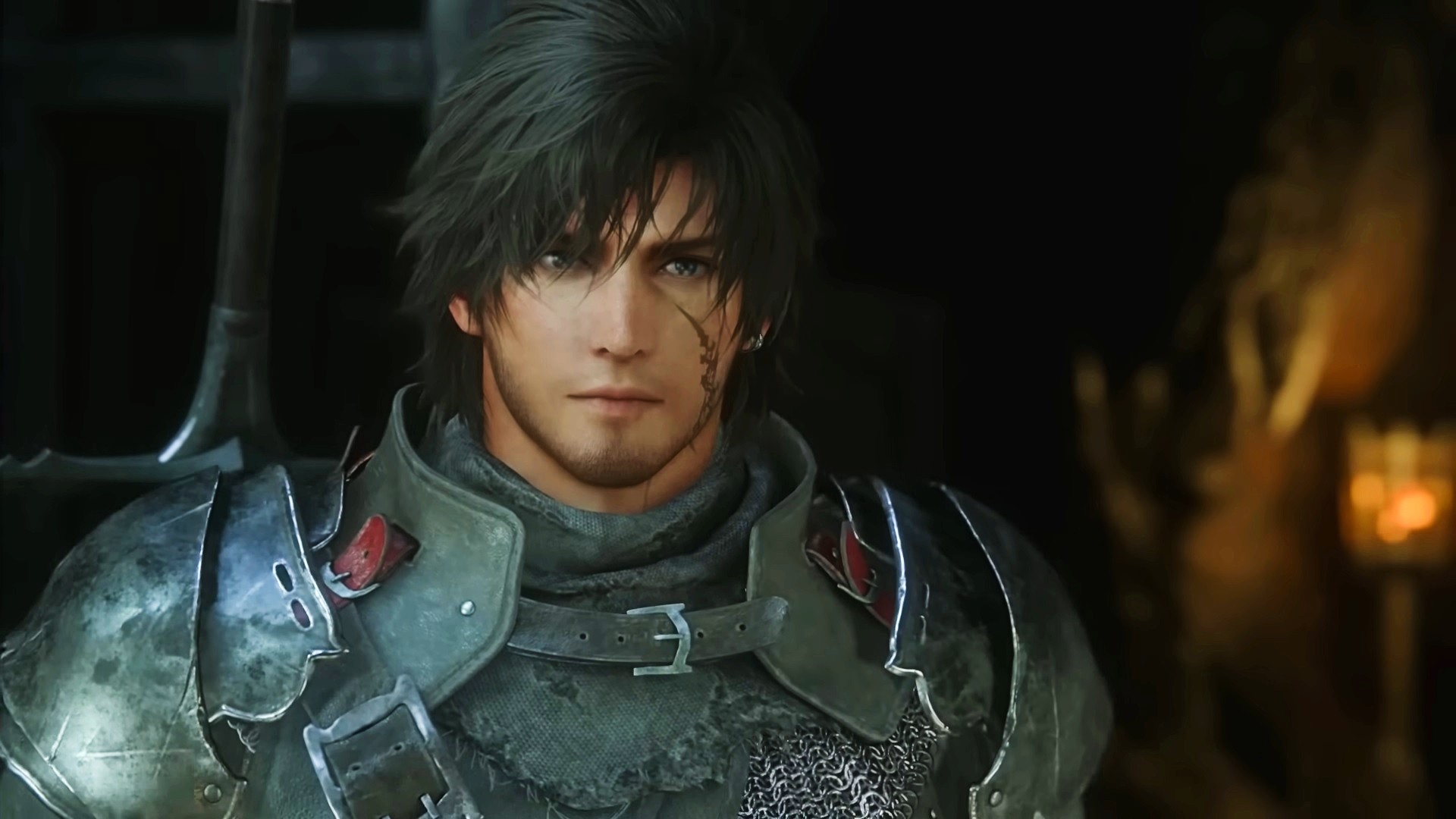
"The result is pretty scrappy, especially when it gives up on the complex political drama halfway through, and just becomes about a special hero with an embarrassing haircut using friendship to kill god, again."
Looking back at that Eurogamer interview, I notice that Naoki Yoshida was oddly vague about why they were taking so much from GoT, beyond western fantasy "resonating with a lot of people". No mention of themes or broader literary ideas here, only the vague notion that people are into this sort of thing right now – or at least they were about five years ago when production on FF16 started. Unsurprisingly enough, the final result just feels like a standard Final Fantasy plot that occasionally bellows "FUCK!" out of nowhere when it's worrying people don't think it's for grown ups.
You don't have to do complex, challenging narratives like Game of Thrones, nor do you have to do traditional, heroic fantasy like Lord of the Rings or… well, Final Fantasy. Either choice is completely valid, but FF16 is approaching the former like the latter, and the result is pretty scrappy, especially when it clearly gives up on the more complex political drama halfway through, and just becomes about a special hero with an embarrassing haircut using friendship to kill god, again. If you're looking for a great fantasy game building on the legacy of George R.R. Martin, you might want to stick with Elden Ring.
Here are 25 of the best RPGs you can (and should) play right now
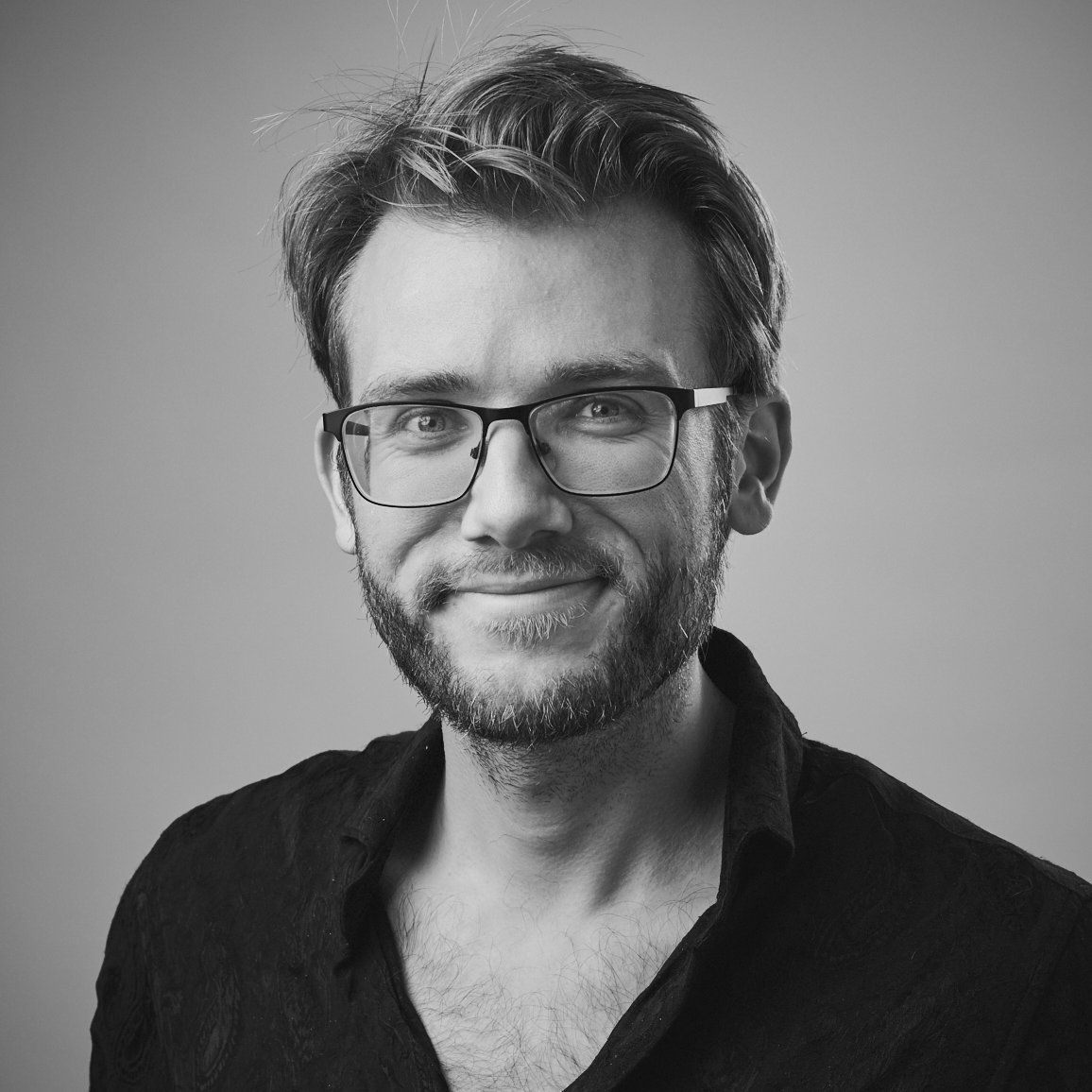
Joel Franey is a writer, journalist, podcaster and raconteur with a Masters from Sussex University, none of which has actually equipped him for anything in real life. As a result he chooses to spend most of his time playing video games, reading old books and ingesting chemically-risky levels of caffeine. He is a firm believer that the vast majority of games would be improved by adding a grappling hook, and if they already have one, they should probably add another just to be safe. You can find old work of his at USgamer, Gfinity, Eurogamer and more besides.


